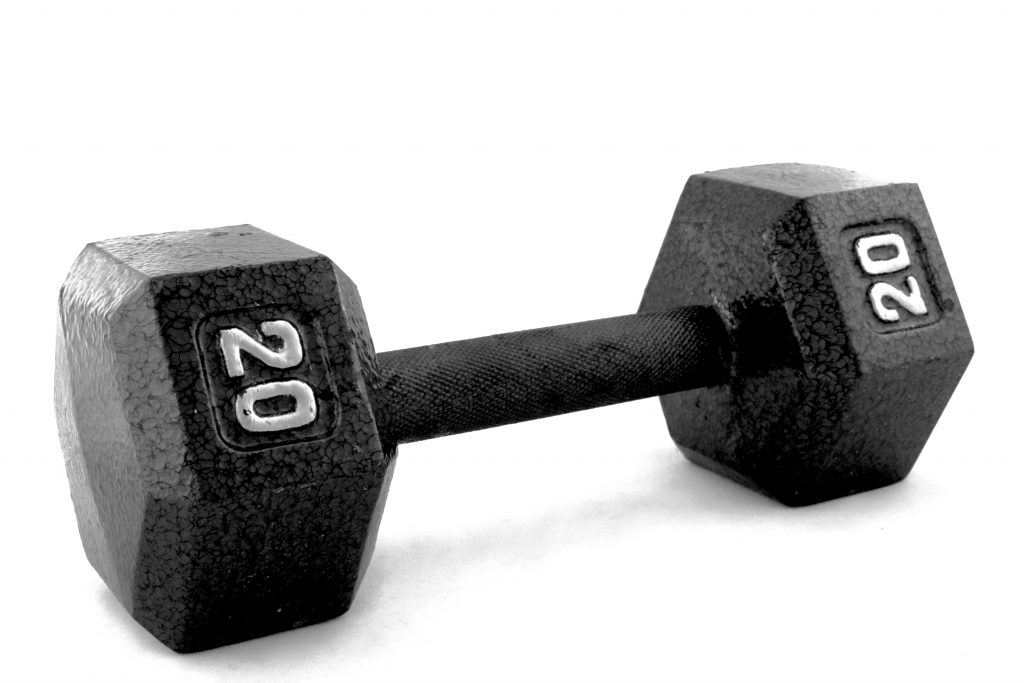 When a products-related injury occurs, multiple parties may be at fault. In litigating personal injury claims, among the most important legal questions, are whom may the plaintiff recover from, if anyone, and under what theory of liability. The following case provides a good discussion of some typical theories of liability involved in products-related injury cases.
When a products-related injury occurs, multiple parties may be at fault. In litigating personal injury claims, among the most important legal questions, are whom may the plaintiff recover from, if anyone, and under what theory of liability. The following case provides a good discussion of some typical theories of liability involved in products-related injury cases.
In 2013, Russell Maricle was involved in a serious car accident that resulted in him needing to use a wheelchair. Mr. Maricle’s bad fortune continued after the accident one day as he rolled up a wheelchair ramp. The fabric on the back of his wheelchair ripped causing Mr. Maricle to fall out of his chair and re-injure his neck. Mr. Maricle rented his wheelchair from Axis Medical and Fitness Equipment, L.L.C. (Axis) in Alexandria, Louisiana. The wheelchair was manufactured by Dalton Medical Corporation and Dalton Instrument Corporation (Dalton).
Mr. Maricle filed a lawsuit against Dalton and Axis, alleging that the wheelchair produced by Dalton was defective and that Axis was negligent in failing to inspect it before renting it to him. These are two separate legal theories. Mr. Maricle’s claim against Dalton is a products liability claim. The Louisiana Products Liability Act (LPLA) sets out the exclusive products liability theories against manufacturers caused by their products. La. R.S. 9:2800.52. Under the LPLA, a manufacturer of a product is liable for damages foreseeably caused by a defect in the product which renders it unreasonably dangerous. The damage suffered by the claimant must arise from “reasonably anticipated use” of the product by the claimant or someone else. A product can be considered unreasonably dangerous for purposes of liability in four ways: (1) construction or composition; (2) design; (3) inadequate warning; or (4) nonconformity to an express warrantee.
Mr. Maricle’s claim against Axis, the company that rented the defective wheelchair, is for negligence. This is a theory separate and apart from products liability. Mr. Maricle asserted that Axis was negligent and breached its duty of ordinary care by failing to properly inspect the wheelchair before renting it to Mr. Maricle. Axis then asserted a cross-claim against Dalton for redhibition. See La. C.C. art. 2534. Mr. Maricle then amended his petition to also include a redhibition claim against Dalton. Redhibition is known as Louisiana’s “lemon law.” It allows buyers to sue a seller or manufacturer of a bad product — a lemon — such as a defective wheelchair. A redhibition claim demands a full refund or reduction in the purchase price of a product because of a hidden defect in the product which prevented it from performing the task for which it was purchased. Axis’s cross-claim also sought indemnity from Dalton (a right to compensation) for any loss it may suffer as a result of the lawsuit.
After the Trial Court’s deadline for filing amended pleadings passed, Dalton and Mr. Maricle settled the products liability claims against Dalton in mediation. Axis refused to participate in the mediation and the other parties reserved their rights against it. Axis then filed a very untimely cross-claim asserting for the first time a products liability claim against Dalton. Both Mr. Maricle and Dalton filed motions to strike Axis’s new cross-claim as untimely. Dalton also filed an exception of prescription, asserting that Axis’s claim for redhibition should be dismissed because the legal timeframe for bringing such a claim had passed. The Trial Court agreed with Dalton and Mr. Maricle and granted the motions to strike and Dalton’s exception of prescription. On appeal, the Louisiana Third Circuit Court of Appeal affirmed the Trial Court’s holding.
Here, Axis failed to plead its products liability claim in a timely manner and clearly failed to put the other parties on notice of its claims. The principle behind the pre-trial procedure is for the orderly assertion of claims and efficient resolution of disputes. Procedural rules aim to avoid surprises later on in litigation. In personal injury cases, good attorneys know which theories of liability are appropriate in light of the particular facts of the case and keep track of upcoming filing deadlines to avoid situations like Axis’s lawyers found themselves in above.
Additional Sources: RUSSEL MARICLE, ET UX. VERSUS AXIS MEDICAL & FITNESS EQUIPMENT, LLC, ET AL.
Written by Berniard Law Firm Blog Writer: Noah Al-Malt
Additional Berniard Law Firm Articles on Products Liability Claims: Louisiana Court of Appeal Finds In Favor of a Drug Company In Products Liability Lawsuit
 Louisiana Personal Injury Lawyer Blog
Louisiana Personal Injury Lawyer Blog

